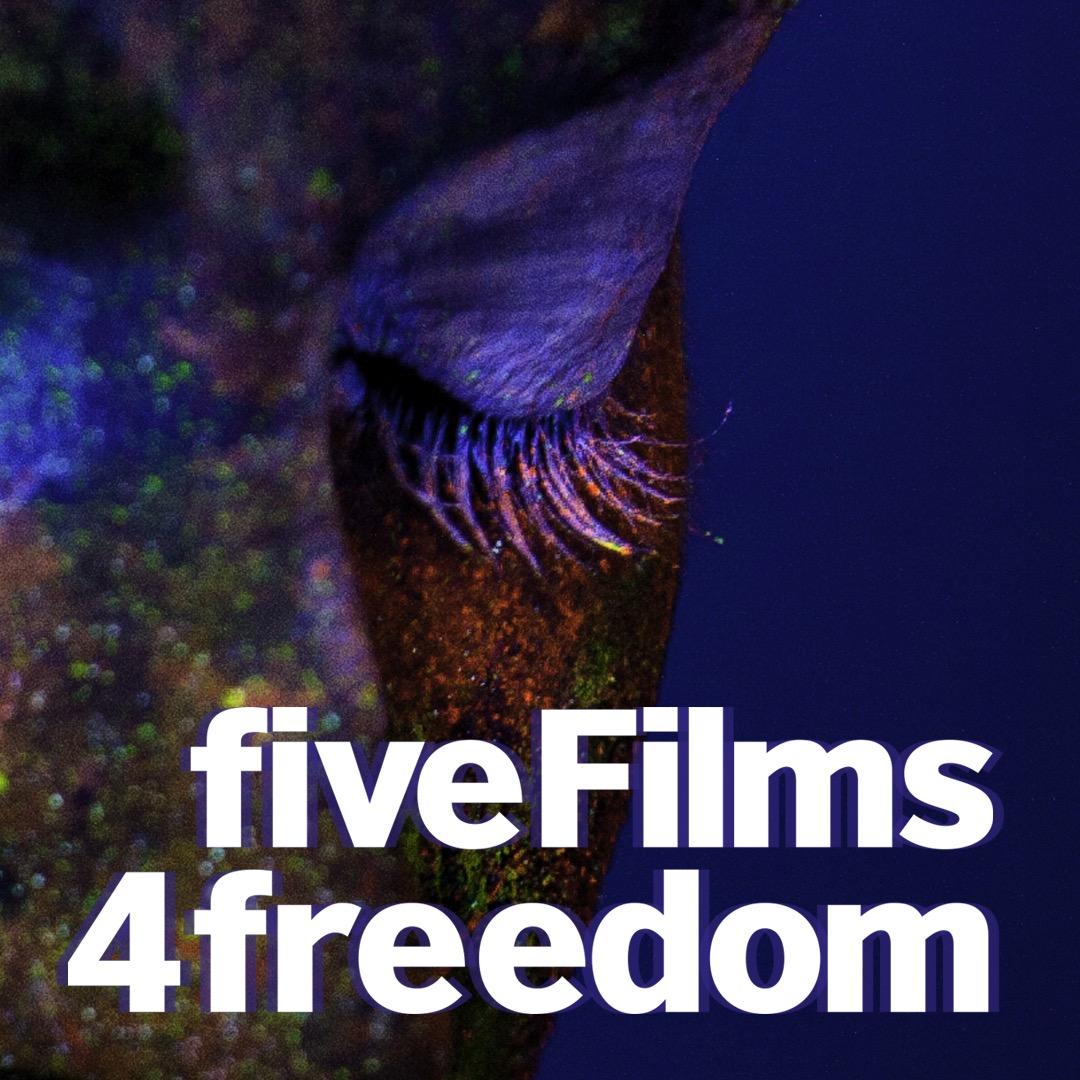FiveFilms4Freedom Comes to UCLA

Image courtesy of FiveFilms4Freedom
Two U.K. filmmakers and three LA spokespeople led and discussed a film screening of FiveFilms4Freedom’s winning entries in Dodd Hall last Nov. 13. FiveFilms4Freedom is a U.K.-based annual competition with their winning entries showcased all over the world to affirm and spread the U.K.’s solidarity with LGBT+ people internationally.
As the competition’s name suggests, there were five winning entries all in all: “Crush,” “Heavy Weight,” “Jamie,” “Still Burning,” and “Where We Are Now.” Each film tackled a different LGBT+ experience, their plots ranging in complexity—from the anxious innocence of a first crush to the arduous journey of transitioning as a parent. Each story invites audiences to empathize with the LGBT+ community, not just by appreciating the different challenges LGBT+ people face from themselves but more importantly the similar values which guide their choices.
Colette Weston, Deputy Consul General for the British Consulate General in Los Angeles, moderated the following discussion panel. In addition, Rosie Westhoff (director of “Crush”) and Jonny Ruff (director of “Heavy Weight”) represented the U.K. in their responses to her and the audience’s questions. Chantal Rickards, CEO of the British Academy of Film and Television Arts (BAFTA) in Los Angeles, and Dave Garcia, Director of Policy and Community Building for the Los Angeles LGBT Center, represented LA locals in the area.
Garcia took the floor in the beginning to discuss the impact LGBT+ representation in film can have. He started by recalling the isolation he felt in his hometown of 500 people. One moment that stands out to him is the first time he saw a same-sex couple on screen, in “My Own Private Idaho” (1991). It was a powerful comfort for him then, and it is this experience which makes him believe that representation in film can change a life—from inspiring courage within little isolated towns to providing hope under large, oppressive regimes.
Building upon that, Rickards talked about the impact FiveFilms4Freedom seems to have had all throughout the world. She claimed that just like in 2016, the viewing statistics for this year’s films showed considerable web traffic coming in from countries who harshly treat LGBT+ citizens—the implication being that these films provide a safe haven for those who cannot yet fully express themselves in their own countries.
Garcia expounded upon this idea of a safe haven to include the world wide web in general. Back in his day, he remembered how difficult it was to connect with other LGBT+ people and find out how to deal with the struggles of being a queer person without risking exposure. That LGBT+ people who have access to the Internet can now access the information they need in seconds is absolutely revolutionary in his opinion, in the sense that queer people can more easily and safely seek out the resources they need on their own terms.
Rickards chimed in that the world now has revolutionized beyond technology—she talked about how the way LGBT+ people were treated back in the 40’s and 50’s is considered socially unacceptable in so many more parts of the world now, and how the world is continuously improving in this area. She is optimistic that LGBT+ welfare will continue to improve in leaps and bounds.
Westhoff took a more moderate opinion, claiming that she has seen LGBT+ representation and celebration grow more inclusive over the years, but it is still considered to cater to a niche audience of people who specifically look for LGBT+ representation in the films they watch, and not likely to be acknowledged or to succeed with mainstream audiences.
Weston agreed with both Rickards and Westhoff, but added her own observation that the U.K. and U.S. were far ahead of the curve when it came to LGBT+ rights. In comparison, there were definitely areas in the world where little to no progress has been made wherein the LGBT+ population would sorely need everyone’s help.
In consideration of how much progress the world still has to make, Weston prompted the filmmakers to explain whether they create films which tackle such important issues out of the need to share their personal narratives or a feeling of social responsibility to those who can’t share their narratives. Both Westhoff and Ruff took positions in the middle, wherein they mentioned how they often began their projects starting from their personal stakes and then expanded them to relate with other people. They explained that they only want to tell stories which resonate with their personal experiences, but they also feel their stories would not be worthwhile if they did not positively impact whoever would listen to them.
Rickards advised aspiring LGBT+ filmmakers in the audience to follow their example. She cautioned that filmmaking is a grueling and tough business, with little pay in the beginning and demanding work, but also reassured that those with powerful stories to tell will succeed. Passion, hard work, and most importantly creativity are the elements a storyteller needs to impact the world and make it a better place for everyone.




